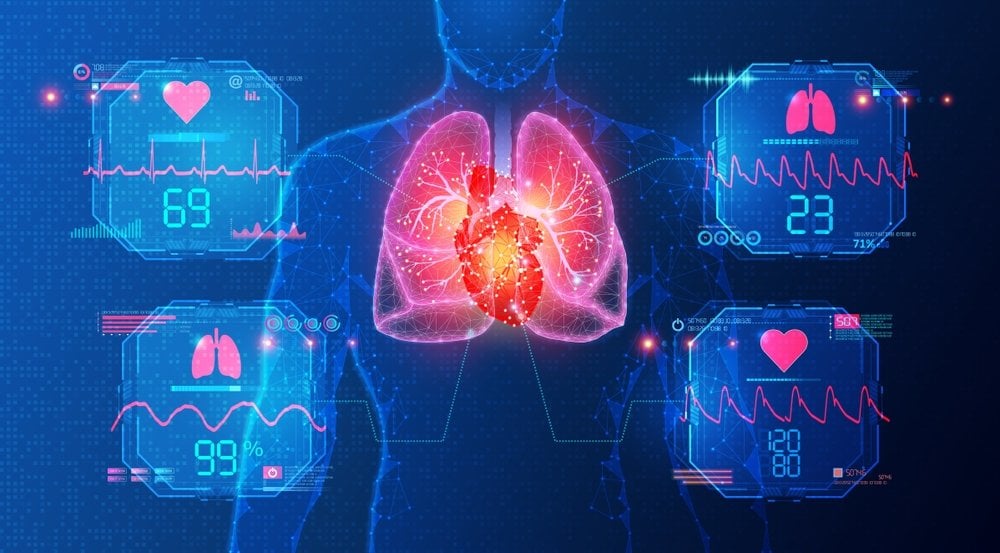As concerns mount about the impact of tech addiction on human well-being at both the individual and societal level, researchers and business leaders at Techonomy 2018 called for regulations and self-regulation to counter this growing problem.

Speaking at the conference in Half Moon Bay, California earlier this month, Catherine Steiner-Adair, a Harvard-affiliated psychologist and author who specializes in the impact of tech on K-12 education, warned about tech addiction among students. She cited evidence that the mere presence of tech in schools may be interfering with children’s ability to think deeply, creatively, and empathetically. Her work with schools supports her conviction that digital devices can be a major distraction in classes. Even when tech is deliberately used for learning, teachers tell her it is often less effective than traditional methods of study that require reading from paper books and direct peer-to-peer interaction.
Part of the problem, Steiner-Adair says, is that many educational technology companies care more about profits than student outcomes, and that the tech industry’s interaction with education overall is relatively unregulated. “What worries me is that the economics of this is huge,” she said of the educational technology industry, which attracted nearly $10 billion just in investment capital last year.
Amid a growing body of evidence that supports these concerns, some regulators and educators are starting to take action. In France, for example, educational policymakers recently issued a near-total nationwide ban on smartphones in elementary and middle schools. Meanwhile, tech executives in Silicon Valley, the ones she sees as contributing to the problems, increasingly send their own kids to Montessori or Waldorf-style schools where access to tech is tightly restricted.
Others at the conference expressed concern about tech addiction among people of all ages, as well as the role of the net giants in perpetuating the problem. “The business models of Facebook and Google are essentially built on surveillance…and using addictive technology properties to get the surveillance to work more effectively,” said Roger McNamee, an early investor in Facebook who has now become a founding advisor to the Center for Humane Technology, which seeks to raise awareness of tech addiction and counter its effects with measures that include government regulations on the tech industry (McNamee spoke on a session entitled Can Facebook Recover? that also explored broader issues of privacy, hate speech, and other tech-induced threats to democracy in the U.S. and elsewhere).

Justin Rosenstein, another seasoned technologist who helped invent the Like button as an engineering manager at Facebook a decade ago, also spoke of the unintended consequences of his creation. An advocate of the conscious application of tech in society, his talk was called Is Universal Cooperation a Pipe Dream? and addressed the contribution of Facebook and other tech products to tech addiction, distraction, and social polarization. Rosenstein sees industry self-regulation as a potential solution to this challenge, and called for a new code of ethics (or “ethics of code”). Among other effects, he thinks that could help limit tech addiction, for example by creating policies to place limits on intrusive app notifications on smartphones. He also advocates measures that encourage more methodical ethics training for computer science students.
But despite these worries, onstage and in-audience discussions also acknowledged that the ultimate responsibility for resisting tech addiction rests with the individual. In addition to its scathing critiques of a tech industry that has been heedless of its negative social and psychological effects, Techonomy 2018 surfaced a thought that is emerging around the globe: we must all work to cultivate self-awareness and mental strength to ensure that our technologies serve us, and not the other way around.
Worries About Tech Addiction Pervaded Techonomy 2018
Concern about the impact of tech addiction on both individuals and broader society was a consistent theme of Techonomy 2018 earlier this month.

















